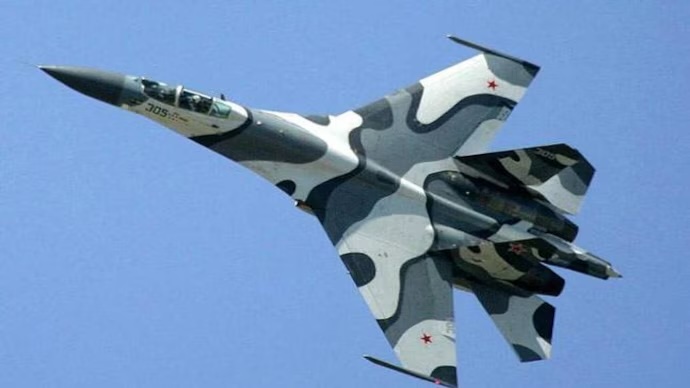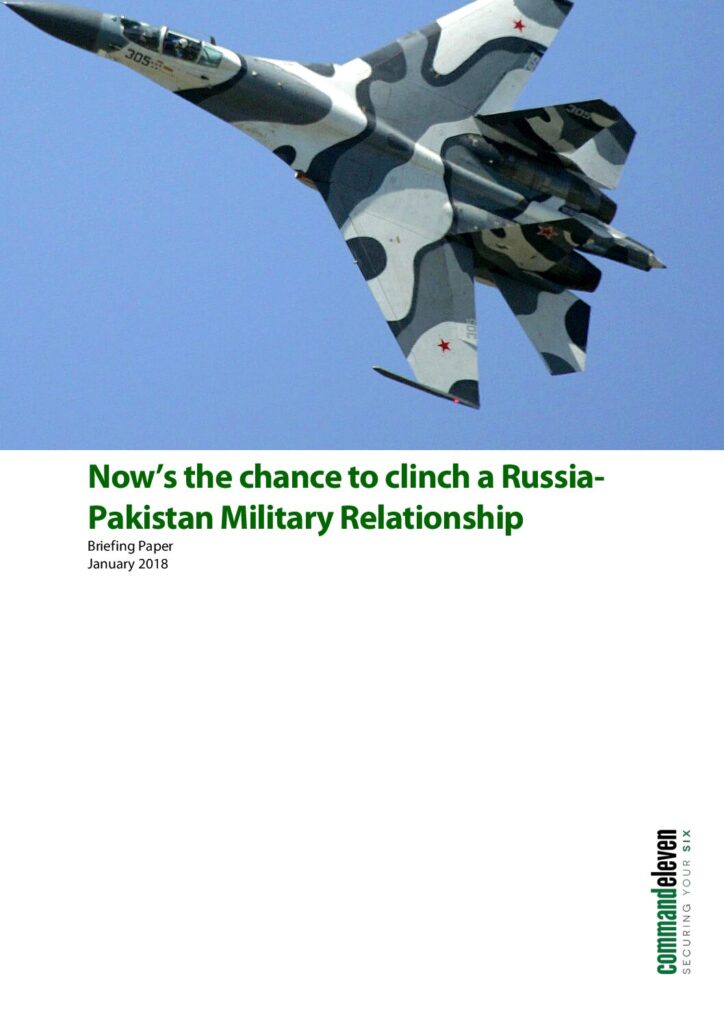Executive Summary
Moscow shouldn’t be shy about seizing the golden opportunity that Trump unwittingly presented it with when Washington announced that it was cutting off most military aid to Islamabad, as this amounts to rolling out the red carpet for a Russian-Pakistani military partnership. Reuters reported that the US is cutting off almost $1 billion of security assistance to Pakistan by slashing the amount of money the South Asian state receives for foreign military financing and coalition support funds, which are described as “funding purchases of U.S. military hardware, training and services” and “reimbursing Pakistan for counter-terrorism operations”, respectively.
In practice, this effectively ends the existing US-Pakistani military partnership and stands to make Islamabad much more dependent on Beijing in this sphere, though not if Pakistan prudently reaches out to Russia in attempting to strike a strategic balance and prevent the swapping of one state patron for another. The Stockholm International Peace Research Institute’s (SIPRI) 2016 report on “Trends In International Arms Transfers” indicates that 35% of Chinese arms exports from 2012-2016 went to Pakistan, which constituted 68% of Pakistani arms imports during that period, while the US occupied 16% of that country’s market share at that time.
The US used to provide a larger percentage of arms to Pakistan from 2007-2011 but SIPRI notes in a different analysis that Washington later switched its regional focus to India and the resultant vacuum was filled by China, exactly as it’s about to be now. Pakistan, however, has come to appreciate the benefits that can be achieved by reaching a balance between various players in the emerging Multipolar World Order, and it’s with this outlook in mind that it has enthusiastically striven to accelerate its recent rapprochement with Russia, with Moscow being more than eager to reciprocate because of shared security concerns stemming from Afghanistan and its own desire to “balance” Eurasian geopolitics.
Up until now, however, there has been a certain reluctance in Russia to visibly taking the military partnership much further despite this being the natural evolution of this fast- moving relationship, with certain voices in the country’s permanent military, intelligence, and diplomatic bureaucracies (“deep state”) concerned that it will antagonize India and result in Russia losing an even bigger share of the world’s largest arms market to the US at a quicker pace than is already happening.
Those fears should have been dispelled after the US unveiled its National Security Strategy earlier last month that praised the country’s global alliance with India and pledged to take it as far as possible in supporting its newfound strategic partner in all fields, proving that there is indeed a seemingly irreversible trend of India drifting closer to America and that it’s only a matter of time before Russia comes under more sustained pressure in the arms industry there, among all the other spheres that it’s presently active in.
Faced with the inevitability that Russia’s profitable arms sales to India will begin to decline in the face of pronounced American competition while the US aggressively tries to capture as much market share as it can during this crucial transitional period, which might even see the bestowment of possible state subsidies just like those that were previously given to Pakistan as a crafty bid to make American arms even more attractive to India, it’s only logical for Moscow to reconsider its existing hesitancy to selling conventional arms to Islamabad as a means of compensating for impending losses from New Delhi in the coming future.
For as overly sensitive as some Russian “deep state” representatives might be to India’s concerns, they should reflect on the recent fact that their country has decided to sell state- of-the-art S-400 anti-air missile systems to NATO-member Turkey and the US’ top Mideast Muslim ally Saudi Arabia in spite of Russia’s trusted partnerships with their Syrian and Iranian rivals, respectively, just as it hasn’t lost the opportunity to increase its arms sales to Azerbaijan even though Russia is in a mutual defense alliance with Armenia.



